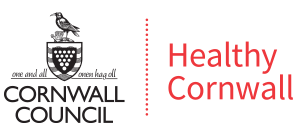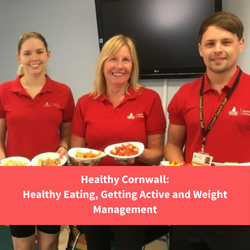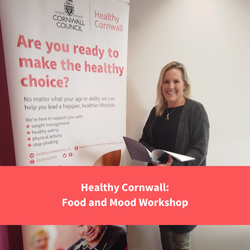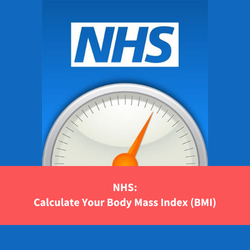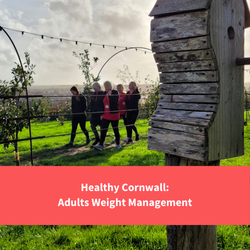Healthy Eating & Healthy Weight
Healthy Eating
Imagine your body as a well-oiled machine. A balanced diet acts like premium fuel, helping your body repair tissues and bounce back faster after surgery:
- Lower Risk of Complications:
Think of healthy eating as your personal bodyguard. By maintaining a healthy weight and eating right, you reduce the chances of facing any surgical hiccups.
- Supercharged Immune System:
Good nutrition is like a superhero cape for your immune system. It equips you to fend off infections and recover in record time.
- Boosted Energy Levels:
Eating well is like charging your batteries. It ensures you have the energy to stay active and strong, making the pre-surgery period much more manageable.
- Managing Chronic Conditions:
A healthy diet is great for keeping conditions like diabetes or high blood pressure in check, which in turn lowers the risk of complications. Remember, if your medical condition is impacted by what you eat, please speak with your healthcare professional.
- Mental Well-being:
Good nutrition isn't just about the body; it’s a mood booster too! Eating right can help you feel more positive and less stressed, making the whole surgical process a bit easier to handle.
Quick Tips
- Monitor Your Vitamin D Levels:
Vitamin D is vital for musculoskeletal health and healing. It can be difficult for people to get enough vitamin D from food alone, everyone (including pregnant and breastfeeding women) should consider taking a daily supplement containing 10 micrograms of vitamin D during the autumn and winter. Between late March/early April to the end of September, most people can make all the vitamin D they need through sunlight on their skin and from a balanced diet.
- Stay Hydrated:
Staying hydrated is key to feeling your best! Aim to drink enough each day so that your pee is a clear, pale-yellow colour. The Eatwell Guide suggests aiming for 6 to 8 cups or glasses of fluid daily. Water, lower-fat milk, and sugar-free drinks, including tea and coffee, all count.
- Eat a Varied and Nutritious Diet:
Include a variety of foods from the main food groups:
- plenty of fruits and vegetables
- starchy foods like bread, rice, potatoes, and pasta
- some milk and dairy or non-dairy alternatives
- sources of protein such as meat, fish, eggs, and beans
The Eatwell Guide provides more information on achieving the right balance:
- Simple Swaps
Making a big change to your diet can be hard to maintain. A few simple swaps, such as:
- cutting back on sugar and salt
- eating more greens
- reducing your fat intake
- grilling instead of frying
Healthy Cornwall Support Offer
Remember, every small step you take towards a healthier lifestyle can make a big difference.
Healthy Cornwall offer a Food and Mood Workshop which aims to increase knowledge and understanding of how food impacts our mood, and how we can improve our own mood and energy levels.
Healthy Weight
If you're overweight, losing weight can unlock numerous health benefits!
Achieving and maintaining a healthy weight while awaiting treatment is a powerful step towards better health. It can greatly enhance your treatment outcomes and minimise post-surgery complications. It can also help reduce the risk of developing conditions like high blood pressure, heart disease, and type 2 diabetes.
By making small, simple changes to what and how much you eat and drink, you can start shedding those pounds. Every little step counts towards a healthier, happier you!
Plus, a healthy weight boosts your quality of life.
How do you know if you are overweight?
Your BMI (Body Mass Index) considers your height and weight to determine if your current weight is healthy.
If your BMI is in a high-risk category or your waist measurement is more than half your height, losing weight could be beneficial.
Even a small amount of weight loss or preventing extra weight gain can reduce the risk of complications and improve healing after surgery:
